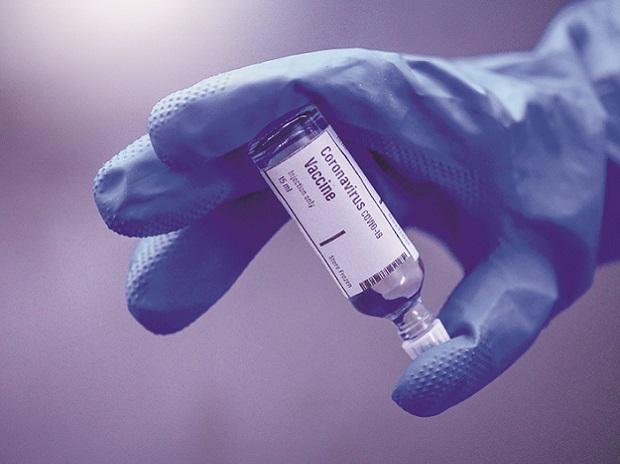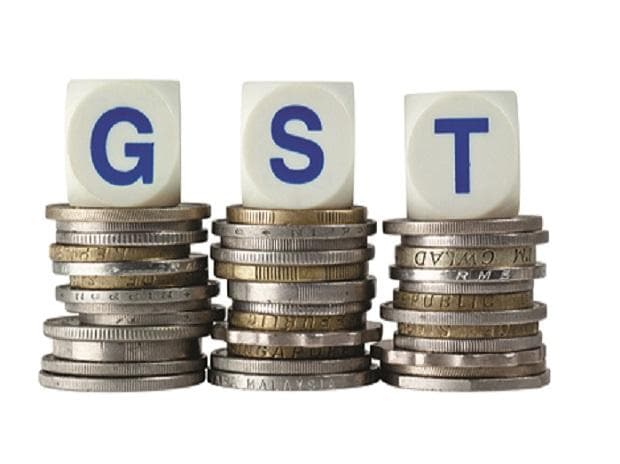While the president blamed Biden, his Democratic foe, for siding
with "anarchists," Biden, in his most direct attacks yet, accused
Trump of causing the divisions.
The battle over
who can keep Americans safe after recent deadly protests has emerged as the
sharpest dividing line for the presidential campaign's final weeks, with Joe
Biden on Monday condemning the violence and President Donald
Trump defending a supporter accused of fatally shooting two men.
While the
president blamed Biden, his Democratic foe, for siding with anarchists, Biden,
in his most direct attacks yet, accused Trump of causing the divisions that
have ignited the violence.
He delivered an
uncharacteristically blistering speech and distanced himself from radical
forces involved in altercations.
Joe
Biden said of Trump: "He doesn't want to shed light, he wants to
generate heat, and he's stoking violence in our cities. He can't stop the
violence because for years he's fomented it.
Trump blames
radical troublemakers whom he says are stirred up and backed by Biden. But when
he was asked about one of his own supporters who was charged with killing two
men during the mayhem in Kenosha, Wisconsin, he declined to denounce the
killings and suggested that 17-year-old Kyle Rittenhouse was acting in
self-defense.
After a
confrontation in which he fatally shot one man, police say, Rittenhouse fell
while being chased by people trying to disarm him.
That was an
interesting situation," said Trump. He was trying to get away from them, I
guess, it looks like, and he fell. And then they very violently attacked him.
... He was in very big trouble. He would have been you probably would've been
killed.
























